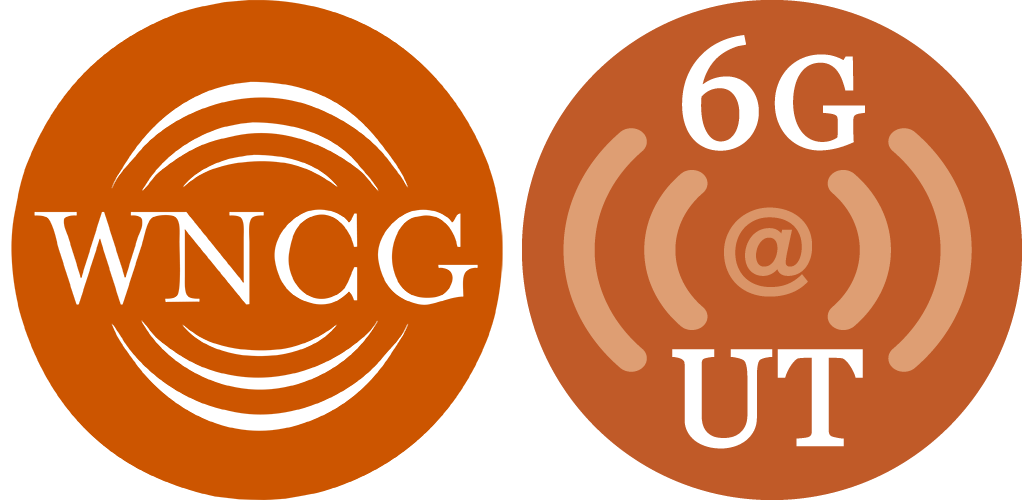
Professor
Texas ECE
Engineering Foundation Professorship in Engineering
Dr. Brian L. Evans earned his B.S.E.E.C.S. (1987) degree from the Rose-Hulman Institute of Technology, and his M.S.E.E. (1988) and Ph.D.E.E. (1993) degrees from the Georgia Institute of Technology. From 1993 to 1996, he was a post-doctoral researcher at the University of California, Berkeley. Since 1996, he has been on the faculty at UT Austin.
His research and teaching interests are to increase connection speeds and reliability in communication systems and improve visual quality of video and still images. To achieve this, he develops signal processing theory, fast algorithms, and prototype implementations in the hope that academic groups, companies, and government labs can build on the ideas.
His research group is currently focused on 5G/6G cellular communication systems over high-frequency millimeter wave bands. His group is investigating mixed analog/digital signal processing basestation architectures and algorithms for multiantenna systems to reduce power consumption by 1000x and maximize the resulting communication performance. His group is also investigating machine learning to improve 4G/5G band switching, 5G basestation coordination, and 5G network fault remediation.
In previous work in communication systems, his group improved both data rate and reliability for wired systems through equalization for DSL transceivers and wireless systems through interference mitigation and wireless resource allocation. In image/video processing systems, his group improved image similiarity evaluation through image hashing, developed automated image quality assessment methods, improved visual quality in image/video display and printing, and remove handshake and rolling shutter artifacts during smart phone video acquisition.
Prof. Evans was elevated to IEEE Fellow "for contributions to multicarrier communications and image display". In multicarrier communications, his group developed the first linear complexity algorithm that allocates resources to optimize bit rates in multiuser OFDM basestations (for cellular and WiMax) and is realizable in fixed-point hardware/software. His group also developed the first ADSL equalizer training method that maximizes a measure of bit rate and is realizable in real-time fixed-point software. In image display, his group's primary contribution is in the design, analysis, and quality assessment of image halftoning by error diffusion for real-time processing by printer pipelines.
Prof. Evans has published more than 270 refereed conference and journal papers, and graduated 31 PhD and 13 MS students. He has received five teaching awards from UT Austin: ECE Gordon T. Lepley Memorial Teaching Award in 2008; university-wide Texas Exes Teaching Award in 2011; ECE Best Professor Award from the UT Austin HKN/IEEE Student Chapter in 2012; ECE Teaching Excellence Award in 2017-2018; and the 2019 Outstanding ECE Professor Award. He has been awarded a best paper award and two top 10% paper awards at international IEEE conferences in image processing, powerline communications, and multimedia signal processing. He received a 1997 US National Science Foundation CAREER Award.
- wireless communications
- multiantenna communications
- millimeter wave communications
- machine learning for communications
- image/video processing

